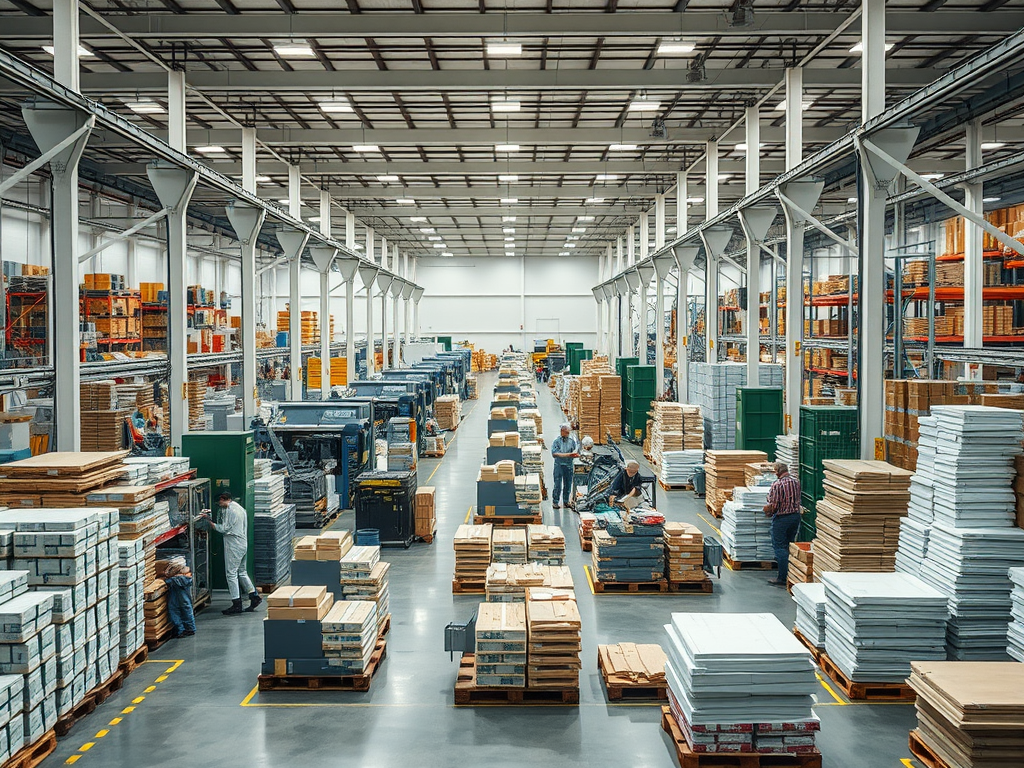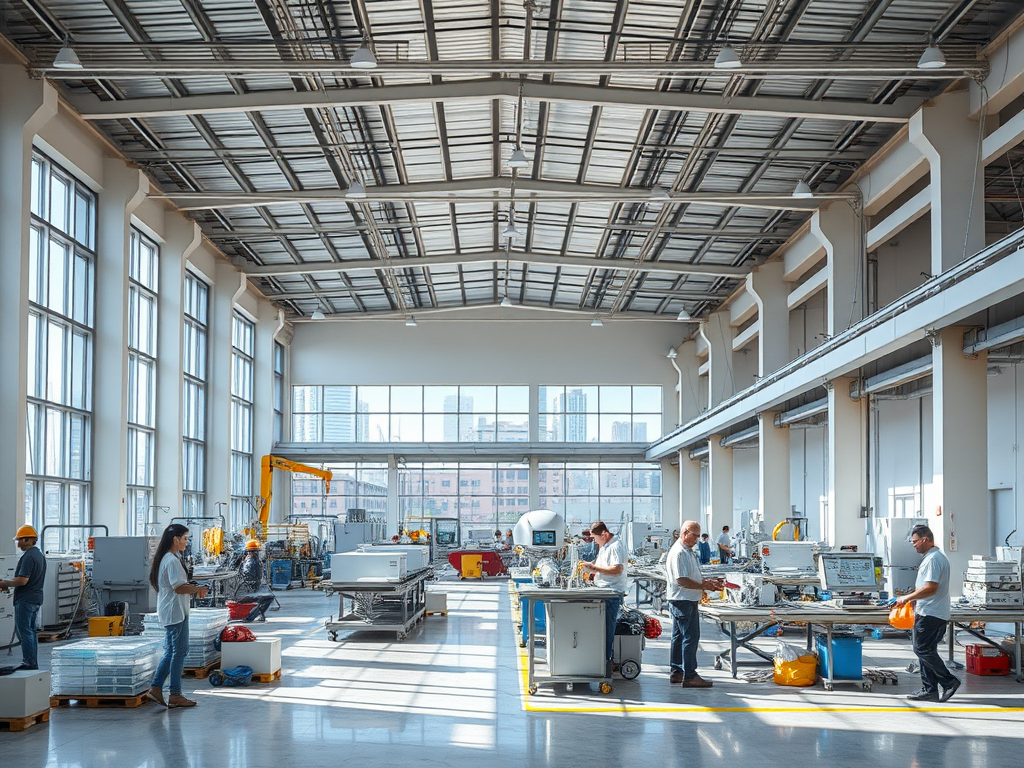Setting up a manufacturing business in Dubai can be a viable and lucrative venture due to the city’s strategic location, favorable business environment, and tax advantages. Dubai offers an array of opportunities for manufacturers across various sectors, including textiles, electronics, food processing, and machinery. This article will guide you through the essential steps to establish your manufacturing facility in Dubai, covering requirements such as licensing, location selection, and market research.
Understanding the Legal Requirements

Before you embark on setting up a manufacturing business in Dubai, it’s crucial to understand the legal framework governing businesses. This involves several key steps including obtaining necessary licenses, choosing the appropriate business structure, and adhering to local regulations. To begin, follow these steps:
- Choose the Right Business Structure: Decide between a free zone setup or an onshore company. Free zones offer 100% foreign ownership and tax exemptions, while onshore companies require local partnerships.
- Register Your Business: Complete the registration process by securing a trade name and applying for a business license relevant to manufacturing.
- Get Approvals: Obtain any additional permits required for your specific manufacturing sector, such as health and safety or environmental clearances.
- Setting up Facilities: Ensure compliance with building regulations and standards required for manufacturing operations.
- Understand Employment Laws: Familiarize yourself with Dubai’s labor laws to ensure legal compliance in hiring and managing your workforce.
Selecting the Right Location

The choice of location can significantly influence your manufacturing business’s success in Dubai. You should evaluate various factors such as proximity to suppliers, markets, transport infrastructure, and the cost of real estate. Consider the following options:
- Free Zones: Ideal for companies focused on exports and international trade, Dubai’s free zones provide state-of-the-art facilities with easy access to shipping routes.
- Industrial Areas: Areas like Jebel Ali and Dubai Investment Park are designed specifically for manufacturing and offer a range of facilities.
- Proximity to Ports: Being close to shipping ports can reduce logistics costs and improve delivery speed, important factors for manufacturing operations.
Conducting Market Research
Thorough market research is essential to identify potential customers, competitors, and market trends. Understanding what products are in demand can help you tailor your manufacturing processes. Here are steps to effectively conduct market research:
- Identify Your Target Market: Determine the demographics and preferences of potential customers.
- Analyze Competitors: Study competitors’ strengths and weaknesses to find opportunities for differentiation.
- Explore Supply Chains: Investigate possible suppliers for raw materials and components necessary for your manufacturing process.
- Assess Economic Trends: Keep an eye on economic indicators that may affect manufacturing demand.
- Gather Feedback: Engage with potential customers to understand their needs and expectations.
Financing Your Manufacturing Business
Securing the necessary capital to start your manufacturing business is another critical step. Finance can come from various sources, each with its pros and cons. Consider these options:
- Personal Savings: Utilizing personal funds can provide complete control over your business.
- Bank Loans: Traditional bank loans can finance larger operations but may require collateral.
- Investors: Attracting investors can provide capital without accruing debt, but may involve giving up some control.
- Government Grants: Research available grants and incentives offered by the UAE government to stimulate manufacturing.
- Crowdfunding: This modern financing approach allows you to raise small amounts from numerous investors.
Conclusion
Establishing a manufacturing business in Dubai can prove to be a rewarding endeavor. By understanding the legal landscape, selecting an optimal location, conducting thorough market research, and securing the right financing, you can create a solid foundation for your enterprise. Once you’ve laid all the groundwork, plan for ongoing adaptation to the market trends and continued compliance with local regulations to ensure long-term success. Dubai’s dynamic marketplace offers exciting opportunities for innovative manufacturers willing to invest the effort necessary to thrive.
Frequently Asked Questions
1. What types of manufacturing businesses can I set up in Dubai?
You can set up manufacturing businesses across various sectors including textiles, electronics, plastics, food processing, and more. Each sector may have specific requirements and opportunities.
2. Are there any tax incentives for manufacturers in Dubai?
Yes, businesses established in free zones benefit from tax exemptions, including corporate tax and customs duties for imported goods, promoting a favorable environment for manufacturing enterprises.
3. How do I choose between a free zone and an onshore company?
The choice depends on your business goals. Free zones offer complete foreign ownership and convenient export options, while onshore companies allow for broader market access within the UAE but require a local partner.
4. What regulations do I need to comply with for a manufacturing business?
You will need to comply with various regulations concerning trade licensing, environmental standards, health and safety laws, and labor laws depending on your manufacturing sector.
5. Can I get government support for my manufacturing business?
Yes, the UAE government offers various support programs including grants and initiatives to encourage foreign investment in manufacturing, particularly in priority sectors.
